- Home
- Products
- About
- contact
- Newsletter
- Shanghai Jundong Info Tech Co.,LTD
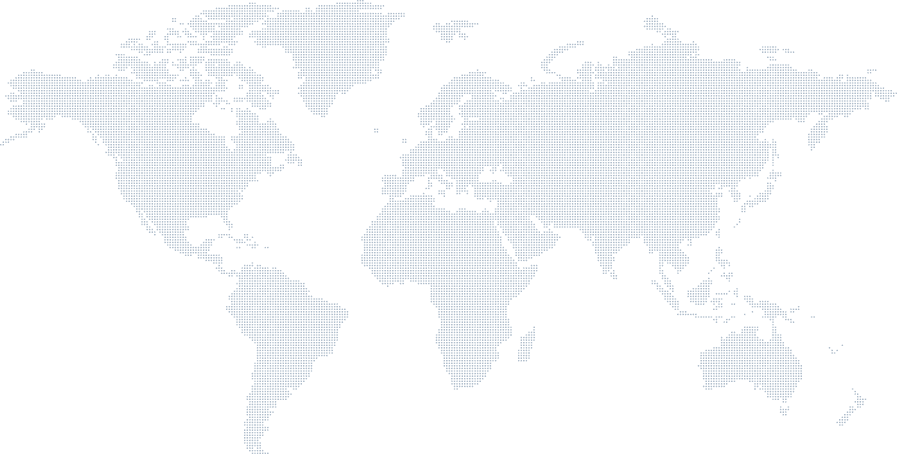
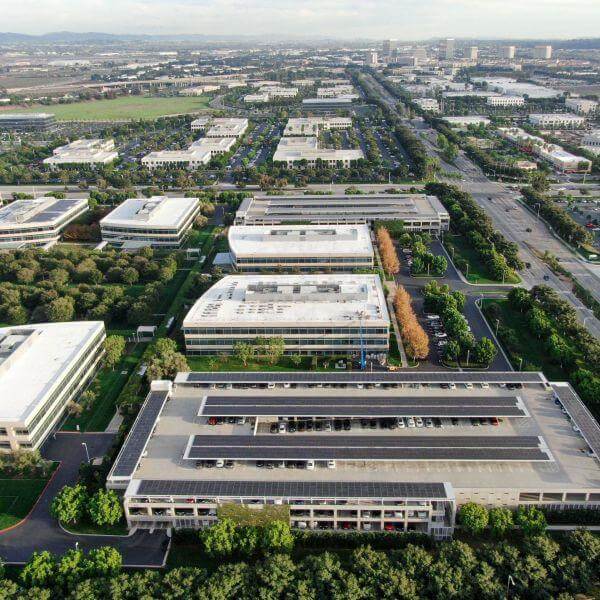
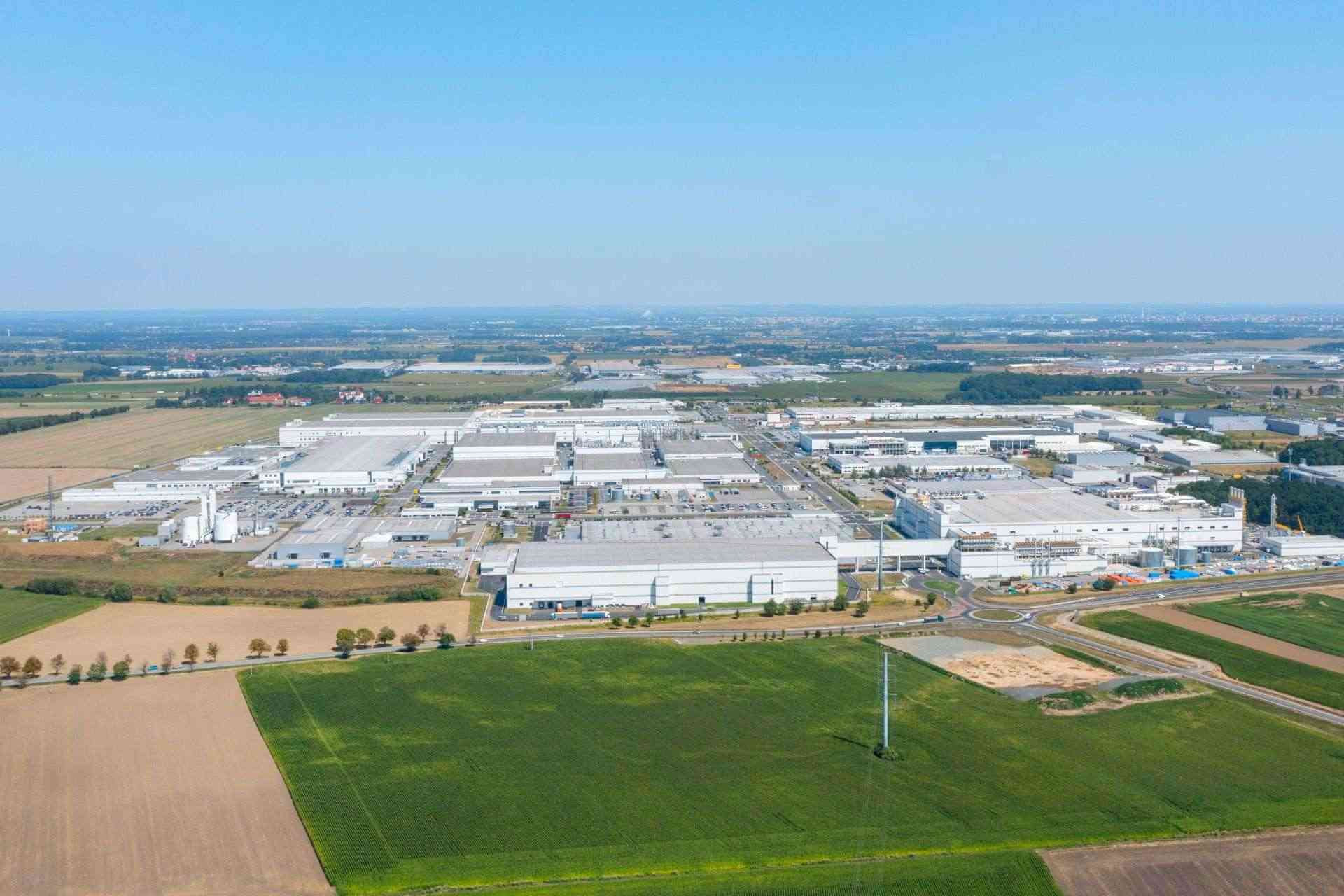



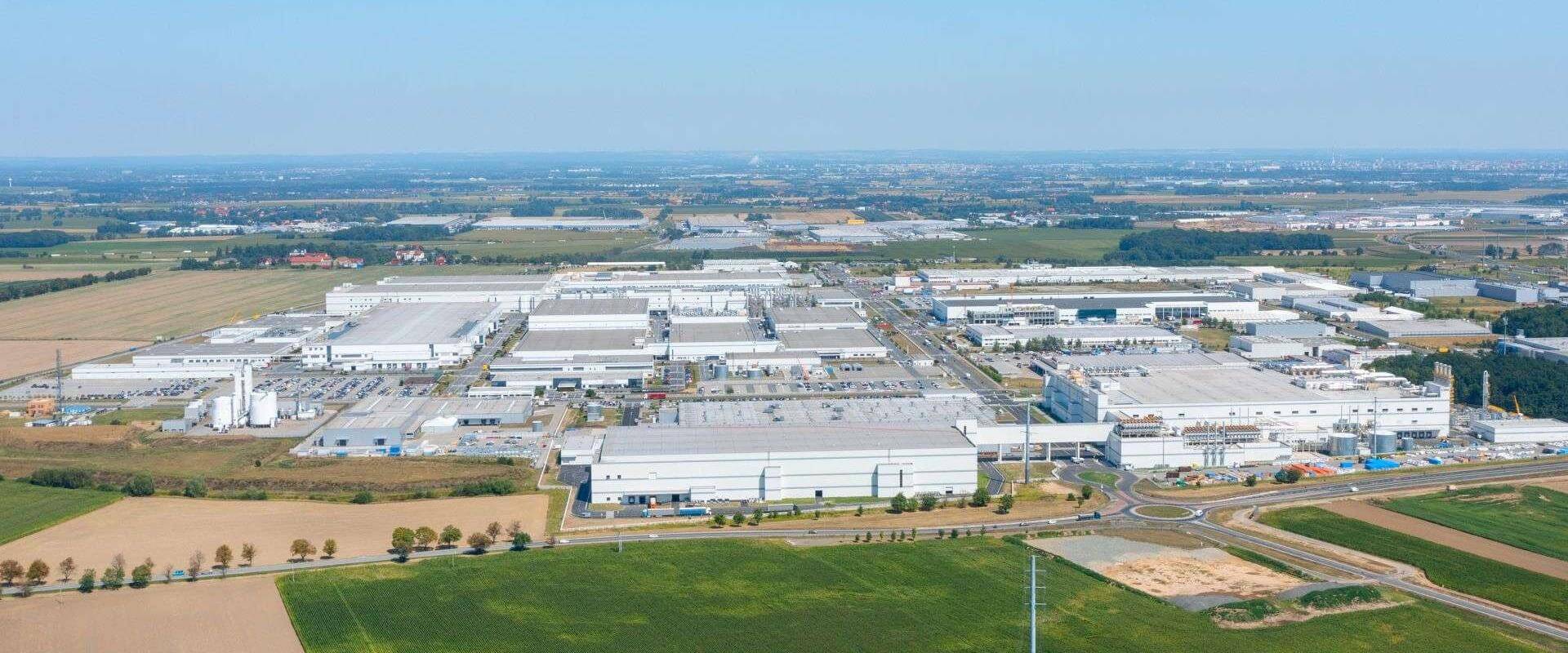
In this digital age, staying connected has become an essential part of our everyday lives. From browsing the internet to streaming movies and even conducting business meetings, a reliable and fast internet connection is crucial. One technology that has revolutionized the way we connect is fiber cable.
Fiber cable, also known as optical fiber cable, is a high-performance transmission medium that transmits information in the form of light pulses. It consists of a bundle of thin glass or plastic strands, known as fibers, that are surrounded by a protective covering. These fibers are capable of carrying large amounts of data over long distances, making them ideal for high-speed internet connections.
One of the key advantages of fiber cable is its incredible speed and bandwidth capabilities. Unlike traditional copper cables, which transmit data through electrical signals, fiber cables transmit data using light. This allows for significantly higher data transfer rates, leading to faster internet speeds and improved overall performance.
In addition to speed, fiber cable also offers exceptional reliability. The glass or plastic fibers used in fiber cables are resistant to electromagnetic interference, making them less susceptible to signal degradation or interruptions. This is particularly important in areas with high electromagnetic activity, such as industrial or urban environments. Fiber cables also have a much longer lifespan compared to copper cables, reducing the need for frequent repairs or replacements.
Furthermore, fiber cable offers a higher level of security compared to other transmission mediums. As light signals are used to transmit data, it is extremely difficult to tap into the fiber cable and intercept the information being transmitted. This makes fiber cables an ideal choice for businesses and organizations that deal with sensitive data, ensuring that their information remains secure.
The benefits of fiber cable extend beyond individual users and businesses. Fiber optic networks have the capacity to support a vast number of users simultaneously without compromising on speed or performance. This makes fiber cables an ideal choice for densely populated areas or urban centers where a large number of users require high-speed internet connectivity.
Despite its numerous advantages, the widespread implementation of fiber cable has faced some challenges. The infrastructure required to lay fiber cables is costly and time-consuming, making it a significant investment for service providers. However, as the demand for faster and more reliable internet connections continues to grow, more and more countries and service providers are investing in fiber optic networks.
In conclusion, fiber cable has revolutionized the way we connect by providing faster speeds, higher reliability, and enhanced security. With its ability to transmit large quantities of data over long distances, fiber cables have become the backbone of high-speed internet connections. As the digital landscape continues to evolve, it is evident that fiber cable will play a crucial role in shaping our connected future.

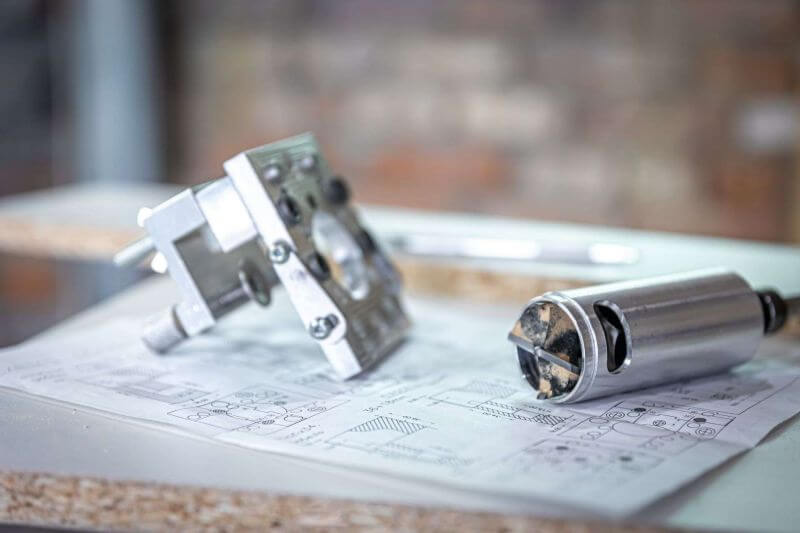
The quality you demand. The capacity you need. The service you deserve. Expect this and more when you partner with Sourcify on your next project. A nationwide, manufacturing leader in laser cutting and waterjet cutting services. With our commitment to quality control, you can trust us to deliver the best cut for your project every time.
Set your favorite Elementor FAQ style to help users get the exact information.